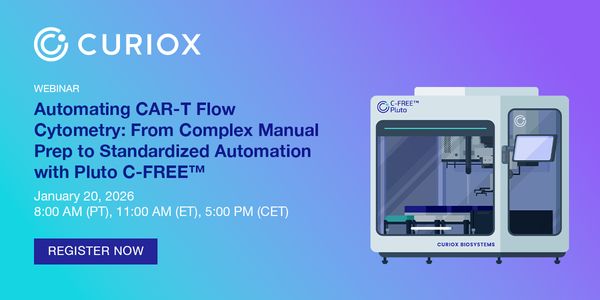
The Comprehensive A.I.-Driven Genomic Landscape for ALS - Implications for Drug Discovery and Development
-
Mark Kiel, MD, PhD
Co-Founder and Chief Science Officer, GenomenonBIOGRAPHY
Amyotrophic Lateral Sclerosis (ALS) is a neurodegenerative disease affecting approximately 1 in 50,000 people worldwide. About 10% of these cases are found to have a hereditary component, but lack of routine genetic testing for those with family history suggests that the number could be much higher. Having better clarity into which genes play a role in disease causation, and by what molecular mechanism, is the basis for precision medicine. This, coupled with an understanding of the clinical presentation of the disease based on genotype and progression, helps clinical and pharma researchers to improve patient selection for clinical trials and, ultimately, better diagnose and treat ALS patients. However, there has not yet been a systematic and comprehensive investigation of all genetic variants across the most prevalent ALS-associated genes.
To overcome this limitation, we present the most comprehensive genomic landscape of 36+ ALS-associated genes and a complete characterization of all disease-causing variants, assessed to clinical standards and annotated for actionability. Dr. Mark Kiel will present the results of this curation effort and what it may mean for improving ALS diagnosis and treatment.
Learning Objectives:
1. Learn how the genetic heterogeneity of ALS has ramifications for clinical practice
2. See what a genomic landscape is and how a combination of A.I. and manual techniques can be used to produce one
3. Review the results of the ALS Genomic Landscape, highlighting key findings and their implications for drug development
Please update your information
Certificate of Participation
DOWNLOAD CERTIFICATE






